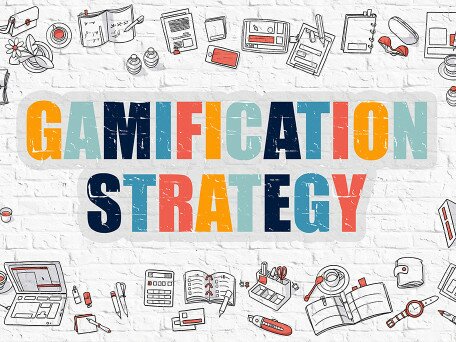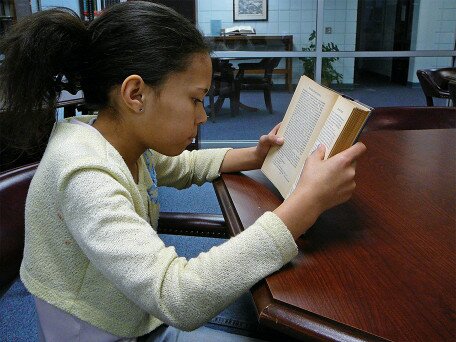The antecedent role of movement proficiency in child development: evidence from a group-randomised controlled trial of a motor skills training programme for young children
- 項目計劃:
- 優配研究金
- 項目年份:
- 2020/2021
- 項目負責人:
- Dr CAPIO, Catherine Mamaid
- (幼兒教育學系)

This proposed research, therefore, explores the antecedent role of motor development on cognitive and social domains. We seek to examine whether a targeted movement skills training programme facilitates improvements in the cognitive and social domains in young children.
Decades of research, largely from associational studies, show that the relationships of motor with cognitive and social aspects of development are particularly strong in early childhood. Children who are able to move proficiently also tend to have better cognitive skills and social behaviours. However, the mechanisms that underpin these relationships remain unclear and research that explores causation is still urgently needed. To understand how we can better facilitate effective and balanced child development, it is crucial that causal processes be examined. This proposed research, therefore, explores the antecedent role of motor development on cognitive and social domains. We seek to examine whether a targeted movement skills training programme facilitates improvements in the cognitive and social domains in young children. We are able to test this in the local Hong Kong context given the aims and scope of the current kindergarten curriculum guidelines. Using a group-randomised controlled trial design, we will implement an evidence-informed and co-designed fundamental movement skills training programme in kindergartens. It is hypothesised that cognitive and psychosocial outcomes will improve to a greater extent following the targeted motor training, compared to following the usual physical health and learning activities. Participants will consist of children aged 3-5 years (N=158). The training programme is informed by contemporary motor learning research, and is fit-for-purpose through a co-design process with teachers. Outcomes will be measured using standardised tests of cognitive (i.e., executive control, working memory), and social (i.e. Social Competence and Behavior Evaluation) skills. Measurements will be at baseline, mid-training, post-training, and follow-up (6 months after). To verify that the motor skills training was effective, fundamental movement skills proficiency will be assessed using the Test of Gross Motor Development-3 at each measurement time point. Covariate factors that will be accounted for include growth (i.e., height, weight), fine motor skills, and physical activity. Confounding factors in the kindergarten environment will be considered (e.g., space). The findings of this research will inform the design and implementation of kindergarten programmes that enable cognitive and social development through movement-based programmes. They will contribute to knowledge and understanding of child development through evidence of causal mechanisms. Impact will be achieved by enabling kindergarten teachers to more effectively help young children develop the ability and the confidence to move and engage with their physical and social environments. These are aspects that crucially need to be enabled early if we want children to have a better start in life.







